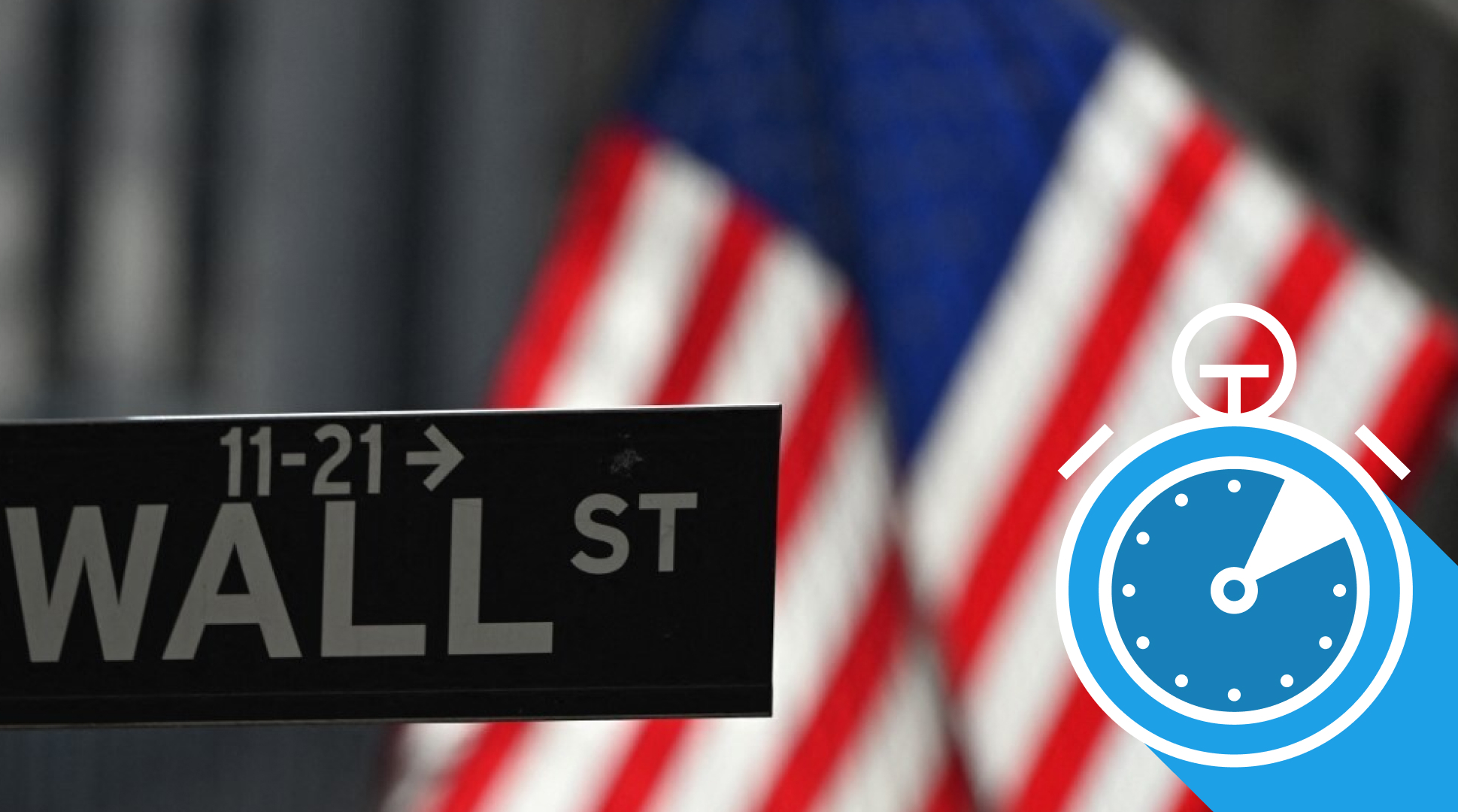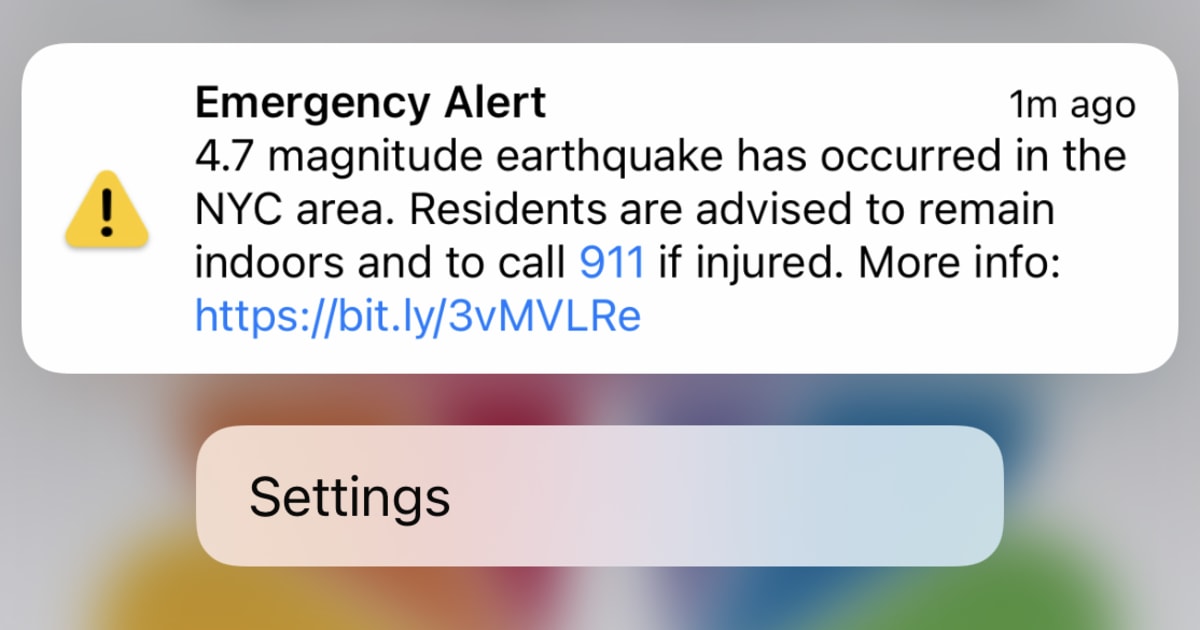Hedge fund Archegos Capital Management, which manages the fortune of American businessman Bill Hwang, was forced to liquidate $ 20 billion in investments in various companies last weekend on Wall Street, resulting in losses phenomenal for several banks.
Decryption.
What happened ?
This is the story of a fund that has succeeded in convincing banks to lend it enough to invest four times more than what it had in companies.
And who, when the bets taken on the prices of these companies turned out to be perilous, found himself in a very bad position vis-à-vis his creditors, who forced him to liquidate his positions.
In this story, the fund in question is called Archegos, and it is a bad bet on one of the main stocks in his portfolio, ViacomCBS, which made the banks which had lent him out to turn against him, by the forcing them to "unwind" their bets, including in other groups, such as the Discovery channel or the Chinese internet giant Baidu.
Some banks, such as Credit Suisse or Nomura, have already announced that the slate will be heavy.
What is the Archegos fund and how does it work?
“Basically, it's a“ Familly office ”fund (editor's note, a family structure without external funds) which escapes traditional regulation, despite the stricter rules put in place since 2008” explains Philippe Dessertine, director of the Institute of Haute Finance.
Archegos is therefore the wealth manager of a wealthy but controversial financier, Bill Hwang, convicted of insider trading in 2012 when he worked for the “Tiger Management” fund.
“Wang is a Tiger baby.
This is the logic of this financier, especially in Asia: a super aggressive financial technique ”comments our specialist.
His fund has always functioned well despite a sulphurous reputation and accusations of embezzlement in China.
In 9 years, Archegos has grown from $ 200 million in 2012 to nearly $ 4 billion at the start of the year.
The Hwang method is to gain the confidence of the banks to invest much more than he has.
"In these operations, Hwang used part of his funds, around 4 billion - which in itself is not huge - to finance operations around 20 billion dollars by borrowing from banks" describes Philippe Dessertine. .
How does he persuade the banks to lend him so much money?
“He has a reputation for being an investor who makes no mistakes.
The banks were encouraged to lend him large sums in a favorable market context, ”adds this professor of economics at La Sorbonne.
Borrowing to invest by betting on an increase in the targeted security in order to repay the loan and to be remunerated: this is called the leverage effect, and it can pay very big.
- LP / Computer graphics
But it is also very risky, if the bets that we make on the rise or fall of a price turn out to be bad.
“That's how we lose a lot,” analyzes our high finance outfielder.
In addition, the speculative fund relied on opaque derivative products (editor's note, swaps in English) to hide the size of its positions in the various companies and not to declare to the authorities the threshold for capital overruns.
It was at this critical moment, Friday in this case, that the banks activated the “margin call” mechanism, a point of no return for Archegos.
What is a “margin call” or a margin call?
The margin call is a bit like the big red button to stop a racing machine.
A margin call made by a broker requires a client to add funds to his account if the value of an asset falls below a determined level.
If the client cannot pay what he owes - and in this case Archegos apparently could not - the broker or bank can step in and sell the shares on behalf of the client in order to limit his losses.
“It's called
margin calls
, because creditors are supposed to call their clients daily to make sure they can pay what they owe.
In this specific case, over several days, Archegos did not respond, and the banks therefore activated the parachute, ”explains Philippe Dessertine.
What impacts on the banking system?
Many banks, like Goldman Sachs and Morgan Stanley, have returned to doing business with Hwang in recent years, and the worst has been avoided this time around, but two other big names have communicated their abysmal losses.
Thomas Gottstein, head of Credit Suisse, thus made a whole series of decisions linked to the Archegos debacle.
The latter will have cost him all his profit planned for the first quarter and even more: the loss caused by the New York fund is estimated at a minimum of 4 billion euros.
The other bank involved, the Japanese of Nomura, said their losses could amount to $ 2 billion due to "transactions with an American customer".
But, like the GameStop saga, earlier this year, this case reminds the entire industry of the dangers posed by extreme "leverage", secret derivatives and very low interest rates.
Philippe Dessertine also refuses to fall into the caricature of the "big bad financial" and attributes this extreme risk-taking to the current context: "We are injecting a lot of money at the moment on the markets, the Fed Bank, the ECB, etc. ., while at the same time rates are forced to remain very low, which means that the profitability of the traditional bank is very low, ”notes our specialist. “It puts incredible pressure on banks looking for solutions that seem secure to generate profits. "However, concludes the teacher at the Sorbonne Business School," where there is the most money is where there is the most risk ", he sums up, putting in conclusion the term financial to see that such a boom in the midst of an economic crisis is proof that “globally, something is wrong”.















